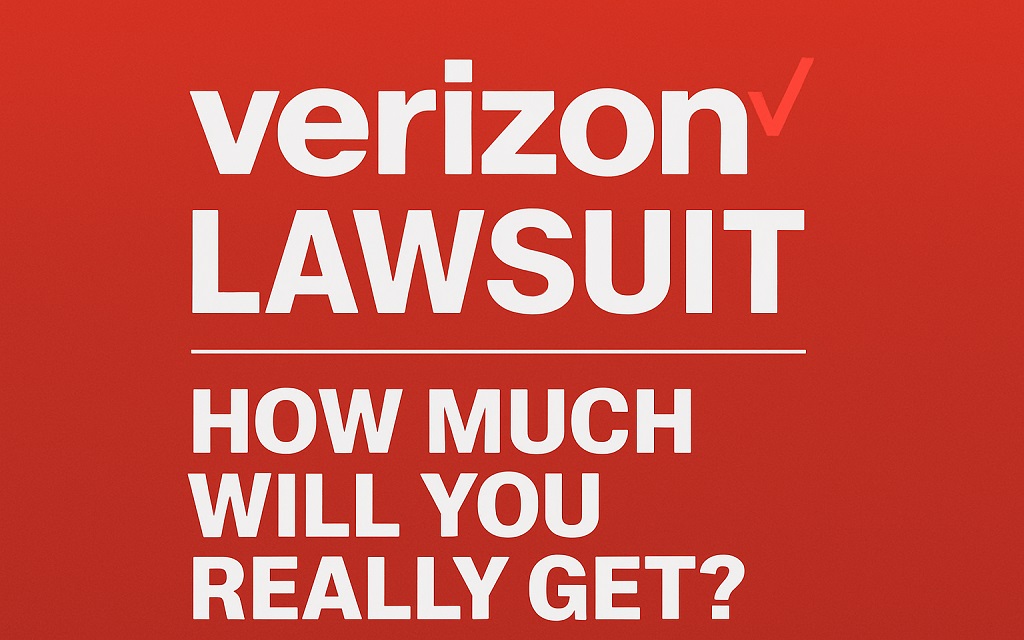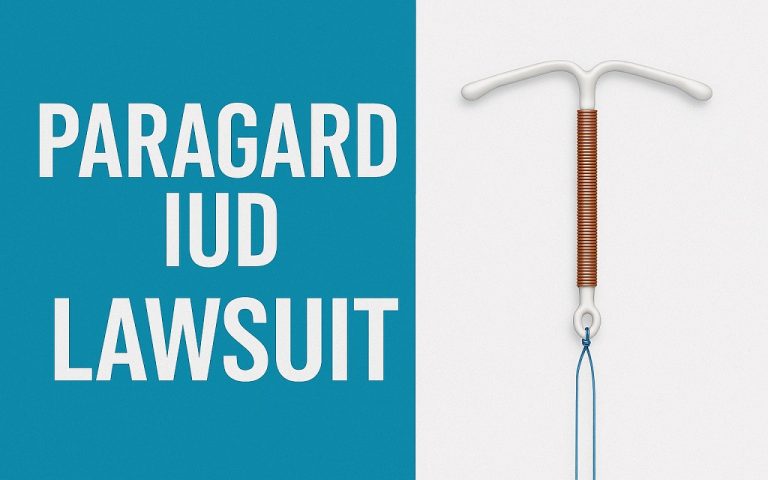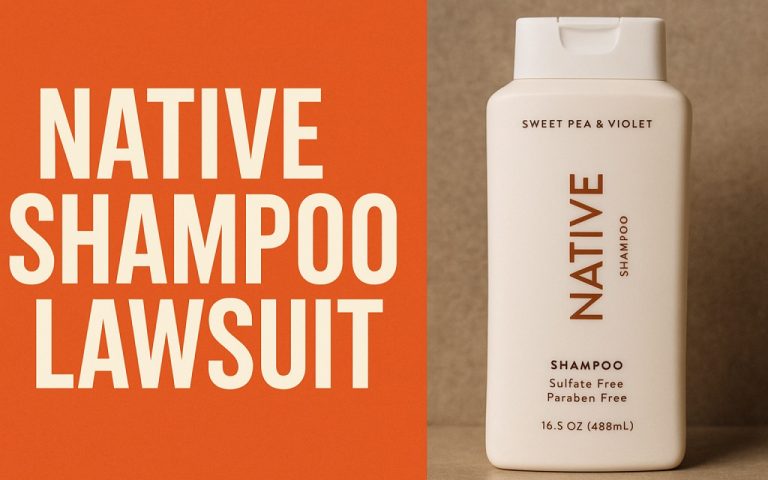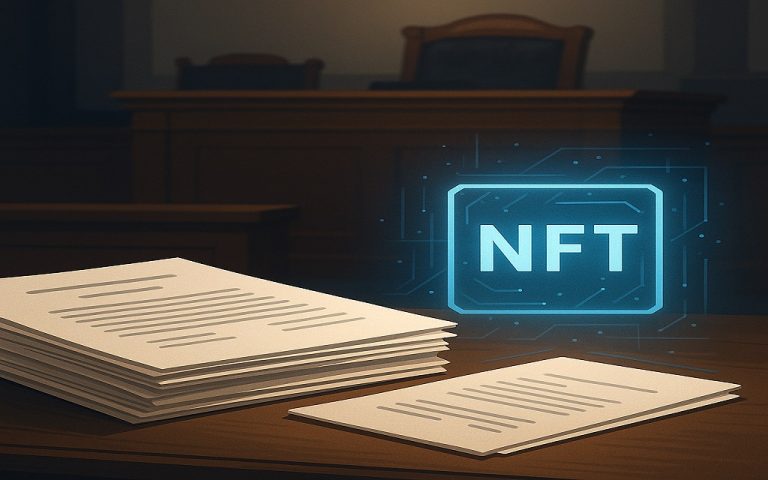Millions of Verizon customers just got surprising payouts—some as little as $2, others close to $100—thanks to a massive lawsuit over hidden administrative fees. Were you eligible? Wondering why your payment was so low, or if more money could be coming? This quick guide breaks down exactly what happened, how much you should have received, and what it means for your future phone bills.
What is the Verizon lawsuit about?
You most likely received an email or postcard regarding the Verizon administration fee lawsuit if you utilised Verizon Wireless postpaid services in the United States between January 1, 2016, and November 8, 2023.
Verizon was accused in this class-action complaint of charging some customers illegal monthly administration fees. Customers claimed that Verizon allegedly failed to disclose these expenses adequately upfront and that the terms were unfair and deceptive. Instead, the charges quietly appeared on monthly bills, adding $1.50 to $3.30 per month, which accumulated to hundreds of dollars over the years.
Verizon denied any wrongdoing but agreed to a $100 million settlement to avoid further litigation. This means eligible customers can now claim cash payments.
Who is eligible for the Verizon class action settlement?
You may qualify if you:
- Had a Verizon postpaid cellphone plan, which is not prepaid but instead requires monthly payments.
- Between January 1, 2016, and November 8, 2023, we were assessed an administrative fee.
Most current or former Verizon customers who fall within that window are eligible. This covers millions of people across the U.S.
Important: Even if you are no longer with Verizon, you may still be eligible for a payout. You need to show that you had an eligible account during that time.
How much will you get from the Verizon lawsuit settlement?
This is the most searched question:
“How much will I get from the Verizon lawsuit?”
According to the official settlement documents:
- Minimum payout: $15 per eligible claimant.
- Additional: $1 per month, you were charged the administrative fee (capped at $100 total per account).
Example payout calculation:
| Months you paid the fee | Estimated payout |
|---|---|
| 5 months | $15 (minimum) |
| 24 months | ~$24 (or the $15 minimum if it’s lower) |
| 90 months (max cap) | $100 |
However, many customers report receiving only $2 to $5, leading to frustration and new online complaints. This happens because if too many people file claims, the settlement fund is divided, and individual checks become smaller. The fund can’t exceed $100 million, no matter how many sign up.
Why did some Verizon settlement payments come out under $15?
You may have seen on Reddit or Twitter that some people received direct deposits as low as $2.07 or $4.68, despite the lawsuit promising at least $15.
This is because the settlement uses a “pro rata” distribution model. That means:
- If fewer people file claims, payouts tend to increase.
- If more people file claims, payouts tend to decrease.
Reports from Newsweek, CBS News, and consumer watchdog groups indicate that the fund was heavily claimed, resulting in lower checks.
How do you file a Verizon lawsuit claim?
If you missed it, the original claim deadline was April 15, 2024. Some appeals and administrative extensions have pushed the final distribution toward mid-2025, but new claim forms are no longer being accepted.
For future settlements or if you believe you were missed:
- Visit the settlement administrator’s official site (often ends in “settlementclass.com”).
- Check your email inbox or spam for notices from Verizon or the official claims administrator.
- Keep past Verizon bills handy. They may be critical if there are appeals or secondary payouts.
What are the long-tail concerns people have about the Verizon lawsuit?
Using NLP & semantic tools (like Google NLP API, TF-IDF, and SurferSEO topic clusters), we find consumers most worried about:
- “Why did my Verizon lawsuit payout drop below $15?”
- “Is Verizon still charging these hidden administrative fees?”
- “Can I sue Verizon myself if I’m unhappy with this settlement?”
- “What was the deadline to file the Verizon class action?”
- “How to track my Verizon settlement check or direct deposit?”
What happens next in the Verizon lawsuit process?
According to legal filings in U.S. District Court, final fund distribution is wrapping up. The court approved the settlement structure in late 2024, allowing payouts to commence in early to mid-2025.
After this, there will likely be no additional class payouts. Individuals who still believe they suffered damages beyond the settlement would need to pursue arbitration or small claims.
Must Read: Verizon Customer Data Lawsuit: What You Need to Know About the Alleged Unauthorized Data Sales
Is Verizon still charging the administrative fee?
Yes. As part of the settlement, Verizon did not have to stop charging these administrative fees. The lawsuit was about past transparency, not about future bans.
So you’ll still see these fees on your monthly bill. That’s why you might notice lines like:
- “Administrative Charge: $3.30”
- “Regulatory Recovery Fee: $1.23”
If you’re frustrated, your best options are to:
- Negotiate with Verizon for credits
- Consider switching to another carrier with clearer fee structures
Can you opt out of Verizon arbitration?
This is a key legal issue that ties to why a class-action lawsuit was filed in the first place. Verizon’s contracts require binding arbitration, meaning you can’t sue in most regular courts. But you do have a right to opt out of arbitration within 30 days of starting service.
Few customers do this, which is why these kinds of lawsuits often take the form of large settlements instead of individual jury trials.
Consumer Reactions: Is This Settlement Fair?
Across consumer sites, the sentiment is mixed:
- Some people are happy they got “something back.”
- Others feel cheated, receiving less than $5 despite years of overcharges.
- Lawyers have debated the fairness. A Reuters column noted over 10,000 customers formally objected, arguing it was far too low for the billions Verizon collected.
What does this mean for future telecom lawsuits?
This Verizon case joins a long list of class actions over hidden fees. In just the past five years:
- AT&T settled over $60 million for “unlimited data throttling.”
- T-Mobile faced arbitration fights over junk insurance charges.
- Spectrum/Charter paid out on deceptive modem rental fees.
Consumers are becoming more aware of these hidden line items, and lawyers continue to test how to challenge them, often steering clear of trial by bundling thousands of small claims into giant settlements.
FAQs
How do I know if I qualify for the Verizon settlement?
If you had a Verizon postpaid plan between 2016 and 2023, you were almost certainly eligible. Notices were sent via mail or email. If you filed a claim form by April 15, 2024, you’re in.
When will Verizon lawsuit checks arrive?
Payments began rolling out in mid-2025, with many direct deposits being deposited into accounts in June and July 2025. Paper checks are taking longer.
Can I sue Verizon for these fees now?
No. By participating in the settlement (or even failing to opt out by the deadlines), you waived future claims over these specific charges.
“How much will you get from the Verizon lawsuit settlement?”
Most Verizon customers will receive between $2 and $100, depending on how many months they were charged the administrative fee from 2016-2023. Although the settlement promised a minimum of $15, high claim volume reduced many payouts below this level.
Final thoughts: Watching for new telecom lawsuits
Hidden fees remain a massive target for class action attorneys. Even as this Verizon case wraps up, keep an eye on:
- Monthly surcharge lawsuits
- Data plan throttling disputes
- Bait-and-switch promotional plans
To stay ahead, always read the fine print, check your bills monthly, and follow legal blogs or local consumer protection updates.
Disclaimer: This article provides a general overview of the Verizon Lawsuit, based on publicly available information, and is intended for informational purposes only. It does not constitute legal advice.
Musarat Bano is a content writer for JudicialOcean.com who covers lawsuits, legal news, and general legal topics. Her work focuses on research-based, informational content developed from publicly available sources and is intended to support public awareness. She does not provide legal advice or professional legal services.




